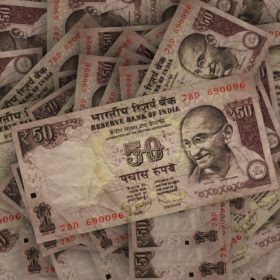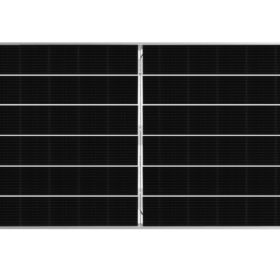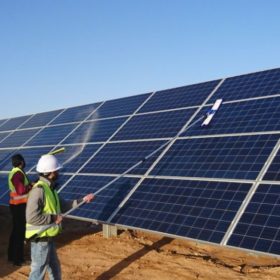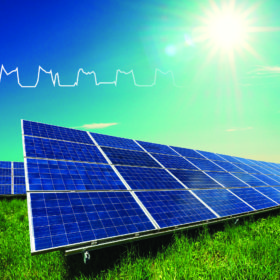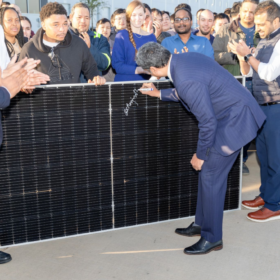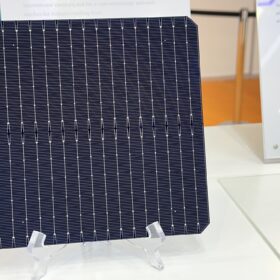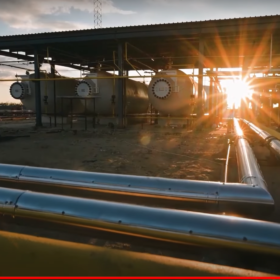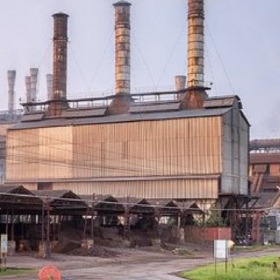Globally, electric vehicles show more resilience than conventional cars during Covid-19 shock
EV sales are set to be 1.7 million off because of the economic fallout of the Covid-19 crisis, however analyst BloombergNEF predicts that will be less of a hit than the anticipated fall in sales of conventional cars, increasing the penetration of electric models into the overall market.
Odisha’s Konark sun temple and town to go 100% solar
The central government plans setting up of a 10 MW grid-connected solar project and various off-grid applications like solar trees and solar drinking water kiosks to meet all the energy requirements of Konark town.
Covid-19 impact: Acme Solar wants to abandon record-low solar price tariff
The developer wants to cancel the power purchase agreement it signed in 2018 for a 600 MW project awarded at a tariff of Rs2.44/kWh, as it fears Covid-19-affected commissioning of the project will stretch beyond the six-month extension from the scheduled date enshrined in the agreement.
Jinko launches PV module with record output of 580 W
The panel is part of the company’s new Tiger Pro series, which includes two 530 W modules and a 430 W product for distributed-generation applications. It will begin production of the series in the fourth quarter, although it will start accepting first orders immediately.
Solar EPC firm SunEdison raises US$2.5 million from US investor
Fenice Investment Group will subscribe to compulsorily convertible preference shares (CCPS) of SILRES Energy Solutions at Rs 10 per CCPS. The investment is expected to complete by May 25.
Water scarcity and the growing need for smarter solutions in solar projects
The inefficiency and irregularity of cleaning the solar panels manually, and the associated use of water defeat the purpose of shifting to renewable energies.
Torrent Power sees opportunity of renewables-plus-gas based flexible generation
The integrated power producer, which has 138 MW of operational solar capacity and 2730 MW of state-of-the-art gas based power plants, sees opportunity of flexible generation to sell pooled round-the-clock power [renewable + gas] at competitive cost on a long-term basis.
Sterling and Wilson Solar bags Rs 2600-crore EPC order in Australia
In its largest order in Australia, the Indian multinational company has bagged Rs 2600-crore (AUD 525 million) EPC work along with Rs 415-crore (AUD 85 million) operations and maintenance job.
Most module makers willing to kickstart cell production—Loom Solar founder
As importing solar cells becomes costlier and time-consuming in the Covid-19 scenario, most of the module manufacturers in India are eyeing solar cell production—says Loom Solar co-founder and director Amol Anand in an interview with pv magazine.
The long read: Understanding LeTID
Light- and elevated temperature-induced degradation (LeTID) of PV cells can have far-reaching impacts on the efficiency of modules. Alison Ciesla and Brett Hallam of the University of New South Wales argue that accelerated testing, such as that included in the forthcoming IEC standards, is critical for LeTID identification and quantification in order to manage these impacts.


